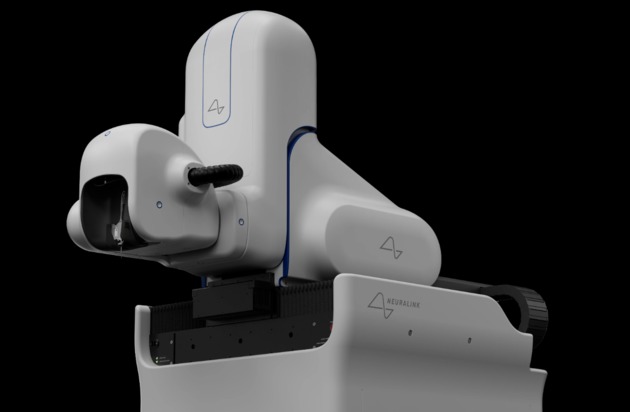
Photo/Neuralink website
NO1. Neuralink Reports Successful Progress in Second Brain-Implant Trial
Elon Musk’s brain-computer interface startup, Neuralink, has reported positive results from its second implant trial. The implant, used by a patient named Alex, aims to enable paralyzed individuals to control digital devices through thought alone. Neuralink also shared a video of Alex using the device to play “Counter-Strike 2.”
Commentary: Neuralink’s advancements could revolutionize how paralyzed patients interact with the digital world, marking a significant breakthrough in medical technology.
NO2. Apple Delays Foldable Screen MacBook Release
On August 22, renowned analyst Ming-Chi Kuo posted on X that due to technical challenges with the display and mechanical components, the mass production of Apple’s foldable screen MacBook has been delayed from the first half of 2026 to late 2027 or 2028. He also mentioned that the final screen size has been confirmed at 18.8 inches, with the 20.25-inch design being canceled.
Commentary: This news highlights the challenges Apple faces in developing high-end technology products, impacting its market strategy and product release timeline.
NO3. Meta to Launch New AR Glasses Next Month
On August 22, it was reported that Meta CEO Mark Zuckerberg plans to unveil Meta’s new AR glasses, codenamed Orion, at the Connect conference in Menlo Park on September 25.
Commentary: The upcoming release of Meta’s AR glasses signals an acceleration in the commercialization of AR technology, which will significantly impact consumer experiences and the competitive landscape of the tech industry.
NO4. Uber and Cruise Partner to Offer More Self-Driving Cars
On August 22, Uber announced a partnership with Cruise to provide autonomous driving services through its app. Starting next year, Uber will offer eligible rides in Cruise’s self-driving cars. The companies announced a multi-year strategic partnership.
Commentary: The collaboration between Uber and Cruise showcases the further integration of autonomous vehicle technology into commercial applications, offering new service models and growth opportunities for the industry.
NO5. Scientists Use DNA for Data Storage and Computation
On August 22, researchers from North Carolina State University and Johns Hopkins University demonstrated a technology capable of performing a range of data storage and computation functions (repeatedly storing, retrieving, computing, erasing, or rewriting data) using DNA instead of traditional electronic devices. Previous DNA data storage and computation technologies could only perform some of these tasks.
Commentary: This breakthrough in DNA data storage and computation technology could lead to a revolution in information storage, providing new possibilities for the convergence of biotechnology and information technology.
Disclaimer: The content and data in this article are for reference only and do not constitute investment advice. Please verify before use. Operate at your own risk.


 川公网安备 51019002001991号
川公网安备 51019002001991号





